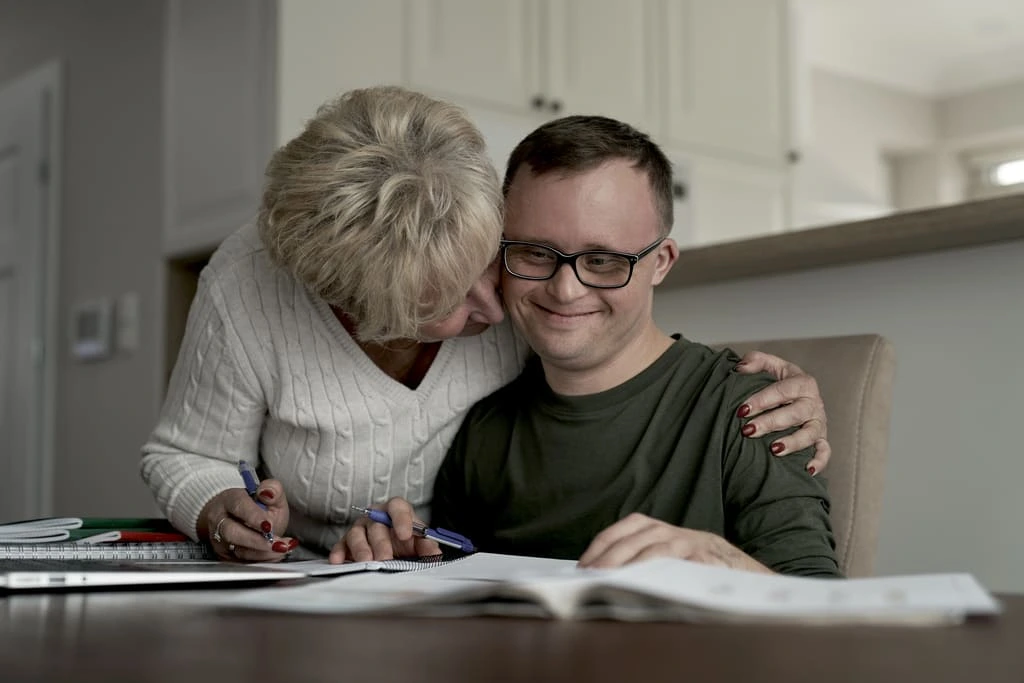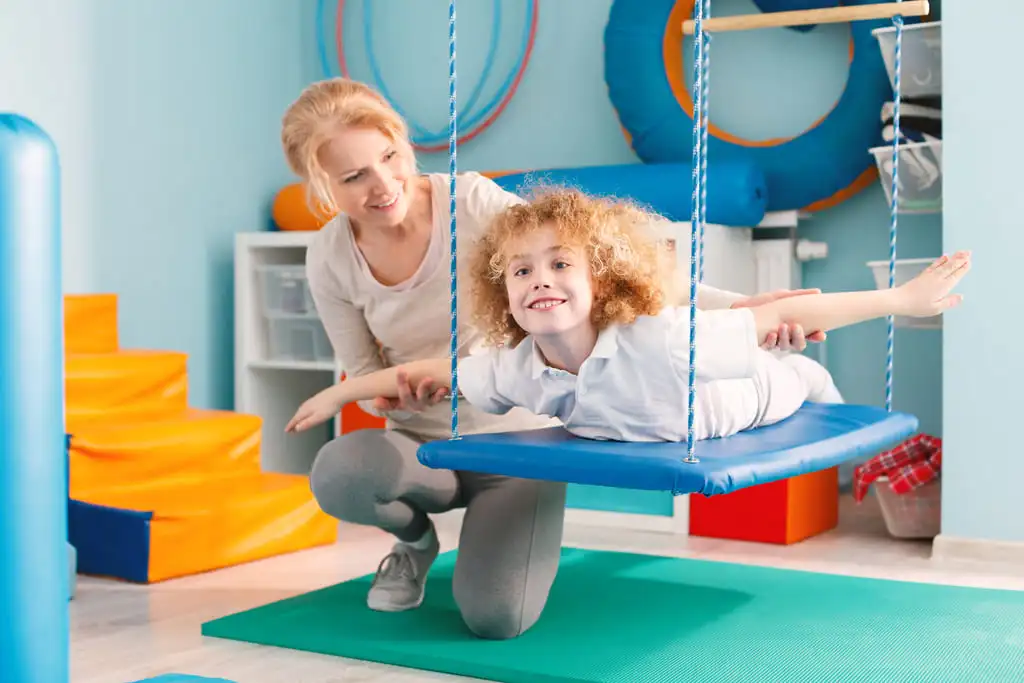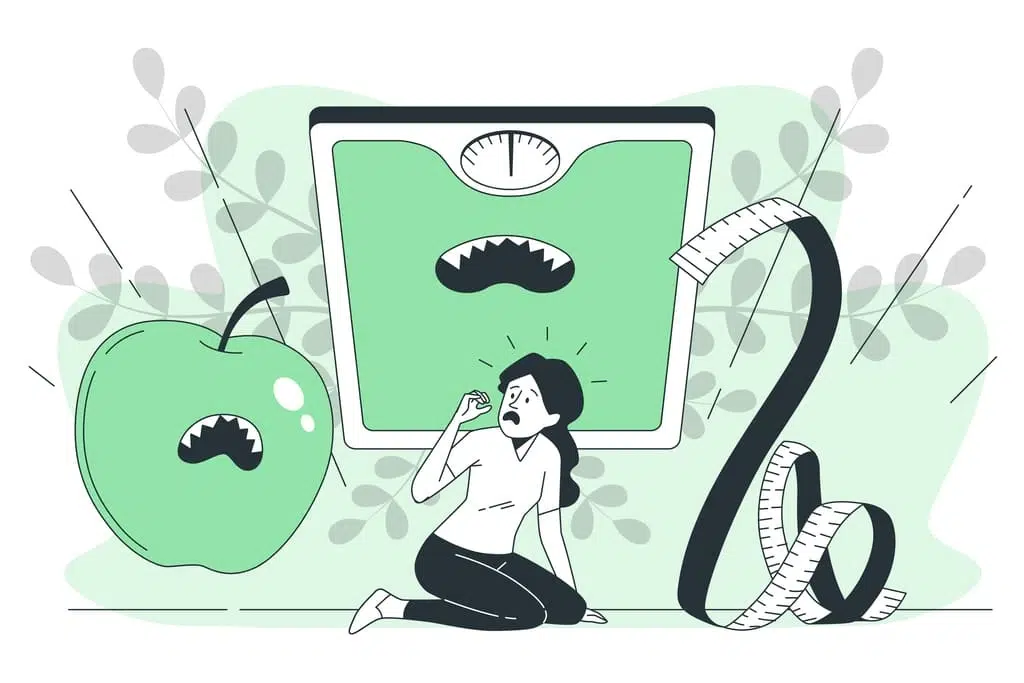The Impact of Learning Disabilities
A learning disability, or intellectual disability, is a neurodevelopmental difference that affects how people learn throughout their lives.
There are different types of learning disabilities, and they can be mild, moderate, severe or profound. Learning disabilities manifest differently for everyone – as no two people are the same. The level of support depends on the unique challenges that each individual faces. For example, some people with learning disabilities experience challenges with dressing themselves, feeding themselves, and understanding complicated information. Other individuals lead independent lives but may benefit from additional support with household tasks and money management.
There are still stigmas and misunderstandings surrounding learning disabilities. We need to break down social barriers and ensure the inclusion of people with learning disabilities within our communities. It’s important to understand that with the right support, people can develop new skills and gain enhanced autonomy. It’s our duty to empower individuals, helping them reach their full potential through proactive strategies that recognise each person’s humanity and human rights.
Challenges Faced by Individuals with Learning Disabilities
While each person faces distinct challenges, there are specific challenges that are common among people with learning disabilities. The severity of these challenges is dependent on whether someone has a mild, moderate, severe, or profound. Even individuals with profound learning disabilities can be active in decision-making but may benefit from different communication styles, such as Makaton or picture exchange communication systems (PECS).
Common challenges among people with learning disabilities include:
- Difficulty understanding complex information
- Challenges with communication
- Difficulty with mobility, sight, hearing
- Difficulty learning certain skills
- Challenges with living alone or looking after themselves
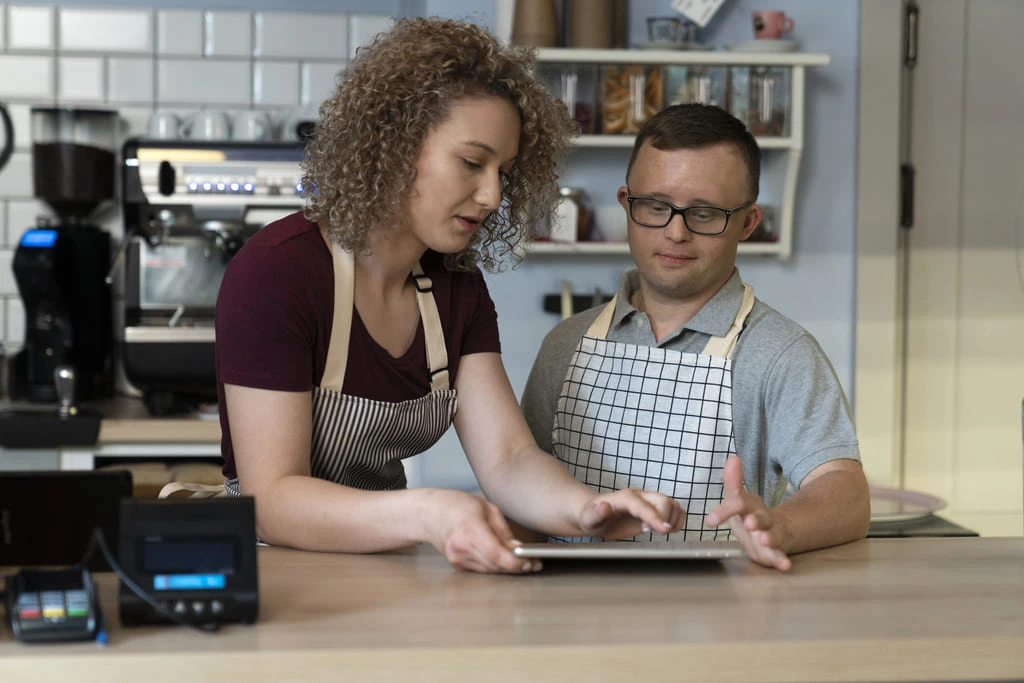
Many of the challenges that individuals with learning disabilities face stem from external factors that arise from social stigma and barriers within the community.
Societal and community barriers include:
Unemployment: Discrimination and social stigma continue to prevent accessible employment. Statistics from BASE show that only 5% of people with learning disabilities are employed, highlighting employment inequality and limited access to work.
Health Inequality: A lack of reasonable adjustments can create a barrier to achieving healthcare equality. Data from NHS reveals that in 2021-22, only 47.2% of women aged 50-60 with a learning disability attended breast cancer screening. The attendance rate for individuals with autism and a learning disability was even lower at 38.5%.
Limited Community Services: Without proactive community services, many people with learning disabilities face inpatient care. In July 2023, the NHS reported that there were 2,045 individuals with learning disabilities and/or autism in inpatient mental health hospitals, with 55% of them detained for over two years.
When we view the world through a person-centric lens, we understand that every challenge is distinct and, therefore, requires a personalised support plan. When you tailor strategies to meet individual needs, you speak to the humanity within a person. A ‘one size fits all’ approach to healthcare is not conducive to achieving optimal health outcomes and transformative care.
Empowerment Through Education
When people are empowered, they feel self-assured, capable, and willing to explore new experiences. It’s the duty of educators, parents, support systems and the wider community to build a space where people with a learning disability can build confidence, improve their social skills, and achieve their goals.
As a learning disability is a neurodevelopmental difference, part of neurodiversity, individuals ‘think differently’ to neurotypical people. People with learning disabilities may struggle to comprehend information communicated in conventional ways; hence, it’s crucial to tailor education plans and supportive strategies to individual needs.
Supportive Strategies for Learning
While students with a learning disability find it difficult to grasp information and acquire new skills, they still have the capacity to learn. Inclusive learning strategies provide efficient methods for students with intellectual disabilities to learn information and gain skills, ensuring no child gets left behind.
Each child should have an individualised education programme (IEP), a planning, teaching and reviewing tool. It contains your child’s most effective learning strategies and is guided by assessments, records, strengths, and unique profiles. If your child has an education, health and care plan (EHCP), the IEP will also take this information into account, ensuring any health and social needs are considered. IEPS contain three to four short-term targets focused on communication, education, or social inclusion. Once this is established, assessments and teaching strategies can be personalised, ensuring best practices and a proactive approach to learning.
Evidence-based strategies are some of the most effective, including adjusting communication styles. Be specific with your instructions, and clearly state what the task involves. For some children, visual instructions work better, which can include demonstrating the task or providing a video guideline. Additionally, some children may understand the question but struggle to write the answer or verbalise it. In this case, allow the child to gesture the answer or point to the answer, providing an inclusive environment and offering encouragement.
Building Self-Esteem and Confidence
Building self-esteem and confidence is critical to a person’s well-being and is a core component of empowerment. Educational specialists highlight the importance of building your child’s self-esteem, linking low self-esteem with a poor sense of self. In educational settings, children often feel reminded of their challenges instead of being viewed as a whole person with multifaceted strengths and abilities, hence the importance of building inclusive environments.
Understand how your child feels about themselves, ask them questions about their strengths, and discover their struggles. Analyse their self-talk, and note any negativity or insecurity, so you can reframe their thoughts and build their self-esteem.
Positive Reinforcement
Positive reinforcement is an effective strategy for building confidence and self-esteem. The goal is to reinforce a specific behaviour by giving positive feedback, increasing the likelihood of it being repeated in the future. Instead of focusing on the end result, concentrate on the child’s process and efforts, as this will help build a growth mindset and provide encouragement for perpetual self-improvement, which is a crucial component of achieving goals.
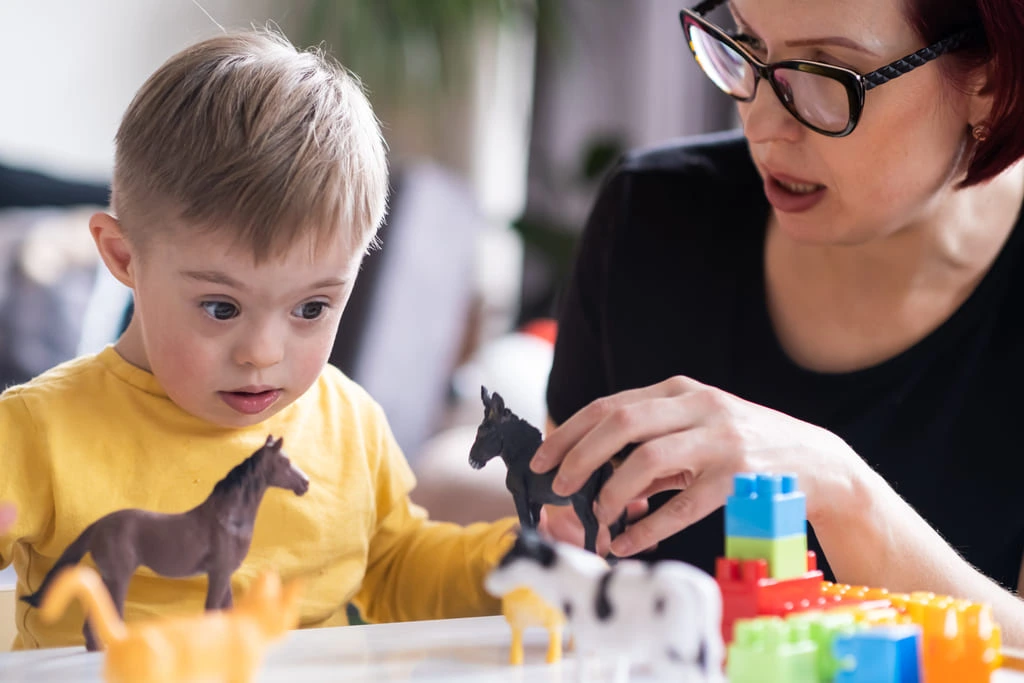

Creating a Supportive Environment
Creating an inclusive and supportive environment helps children thrive, feel seen, and gain confidence. There’s no ‘one-size-fits-all’ approach to building a supportive environment, as it should be personalised. With a tailored care plan, specialists collaborate with the individual and family members to pinpoint support strategies and unique needs, providing a guideline for daily life and support requirements.
However, as a general framework, creating routines and encouraging independence is vital to creating a supportive environment. Routines offer consistency and predictability. They offer a sense of structure and calm and prepare people for activities that may cause them to be overwhelmed, reducing the intensity of behaviour that challenges. When you encourage independence, you reiterate to the child that you believe in their abilities and show them they can achieve autonomy and self-reliance. This can range from encouraging a child to feed themselves, manage their personal hygiene, or even go shopping alone.
Learning Disability Support and Advocacy with Leaf Complex Care
It can be difficult to access the support you deserve and find a care provider that understands your unique challenges and care needs. At Leaf Complex Care, we provide proactive and humanised support for people with learning disabilities and complex care needs.
As advocates for neurodiversity and human rights, we create tailored care plans that focus on people’s unique needs and desires. Through close collaboration with the individuals we support, their families, and our in-house Positive Behaviour Support (PBS) and speech and language specialists, our plans are constantly adapted and reviewed to ensure they meet the evolving needs of the people we serve.
Our care services are fully regulated by the Care Quality Commission (CQC), and our offices are located in Bristol, Slough, Birmingham, and Somerset.
Transform your life today, and contact Leaf Complex Care.

